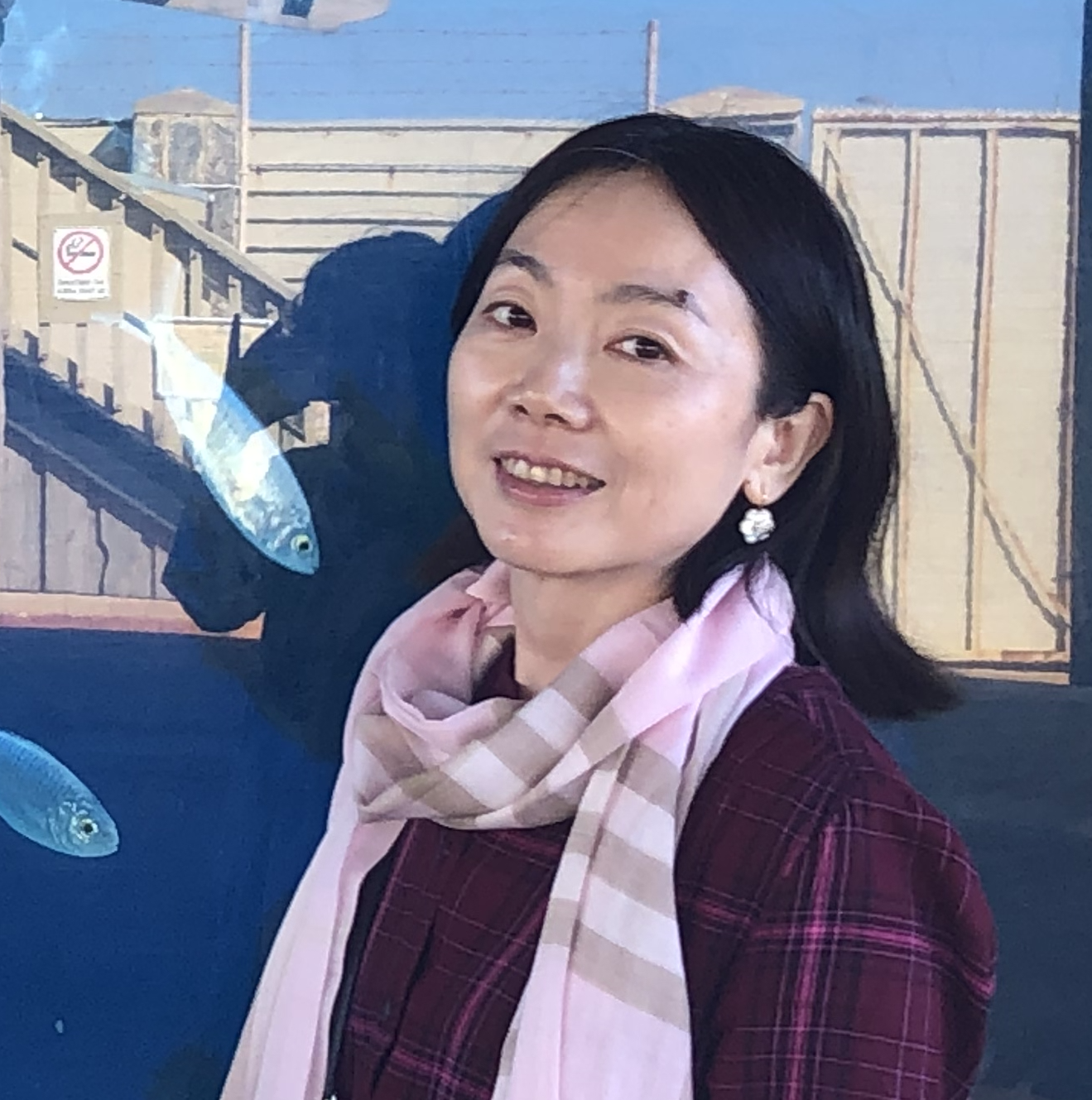使用账号密码登录
Welcome Back
使用表单注册
Welcome Back
Brief Introduction
Prof. Jing-Dong Jackie Han obtained Ph.D. degree from Albert Einstein College of Medicine. She had her postdoctoral training at The Rockefeller University and Dana-Farber Cancer Institute. In 2004, she became an investigator/professor at the Institute of Genetics and Developmental Biology, Chinese Academy of Sciences. In 2010-2019, she was a director of the CAS-Max Planck Partner Institute for Computational Biology. In 2019, she became a tenured professor at Peking University, and an adjunct professor at National University of Singapore. Her research focuses on the structure and dynamic inference of molecular networks,using a combination of large-scale experiments and computational analysis to explore the design principles of the networks and to find how the complex phenotypes, such as aging, cancer and stem cell development are regulated through molecular networks. She was awarded the NSFC Outstanding Young Scientist Award in 2006, and the Hundred Talent Plan Outstanding Achievement Award in 2009, selected as a Max Planck Follow in 2011 and a MaxNetAging Fellow in 2014, F1000 faculty in developmental biology in 2016.
Research Interests
1) Systems biology of development and aging
2) Computational inference of regulatory networks
3) Computational algorithm development for image analysis, data integration and network analysis
The Heterogeneity of Human Aging
Aging is a systems level process and quantification requires systems level models. After searching for quantitative aging biomarkers and models at the epigenomic and transcriptomic levels, we have recently focused our attention on 3D facial images. Based on a small cohort, we generated the first comprehensive mapping of the aging human facial phenome, and found quantitative facial features, such as eye slope and forehead size, highly associated with age. Even based on this small cohort, linear age predictors identified slow- and fast-agers that are significantly supported by health. By extending the study to a large Northern Chinese cohort of 5,000 people we can now use deep learning AI models trained on either chronological age or perceived age of the 3D facial images to more precisely estimate individuals’ aging status. These models achieve an average difference between chronological or perceived age and predicted age of ±2.8 years. We further profile blood transcriptomes from 280 individuals and infer the molecular regulators mediating the impact of lifestyles on facial aging speed through a causal inference model. Overall, we find that humans age with different rates both in the blood and in the face, but coherently, with heterogeneity peaking at middle age. Our study provides an example how artificial intelligence can be leveraged to determine perceived age of humans as marker of biological age, no longer relying on prediction errors to chronological age, and to estimate the heterogeneity of aging rates within a population. I will also share some of our newest results on the oral microbiota aging rate association and ethnic group differences on facial aging rate.

